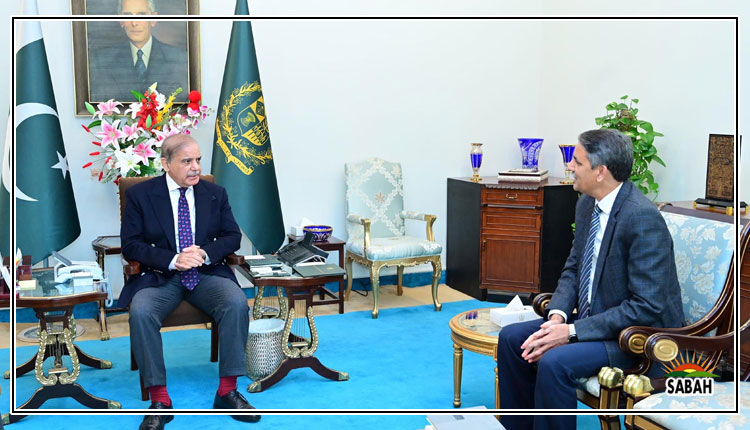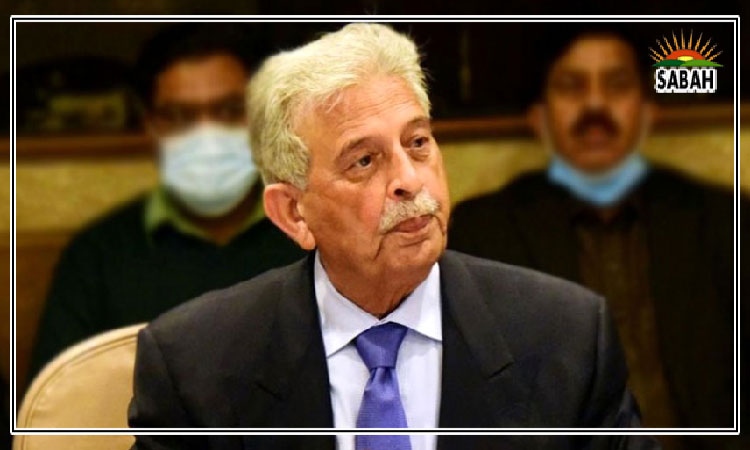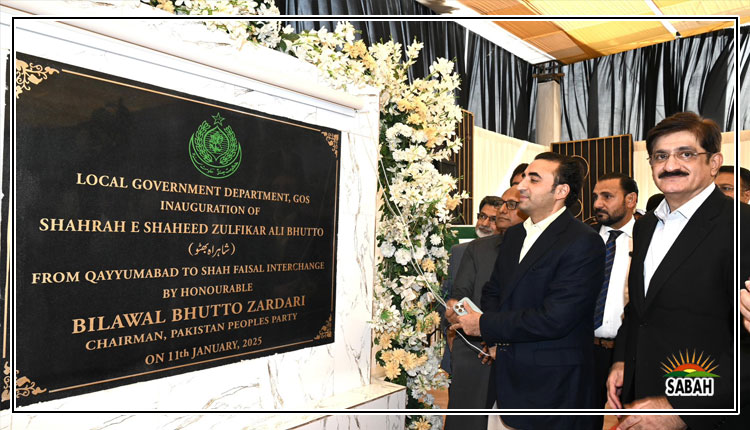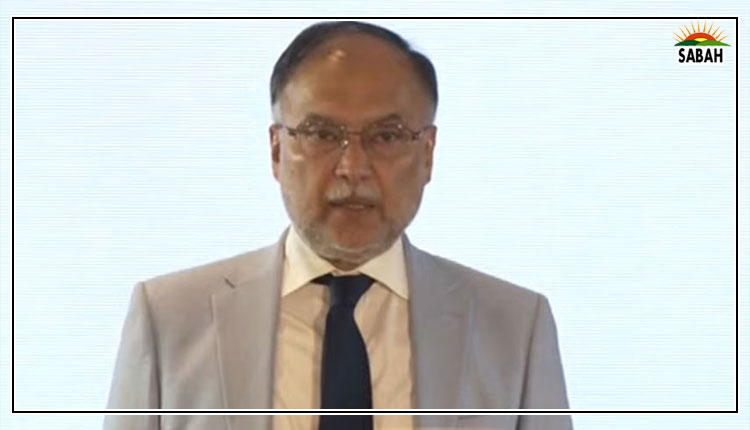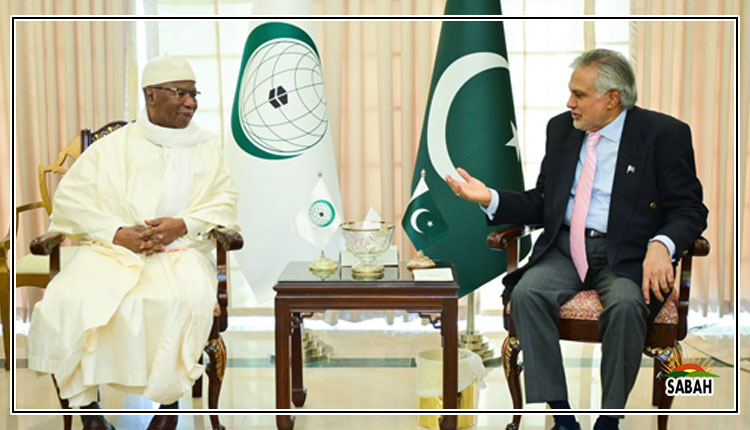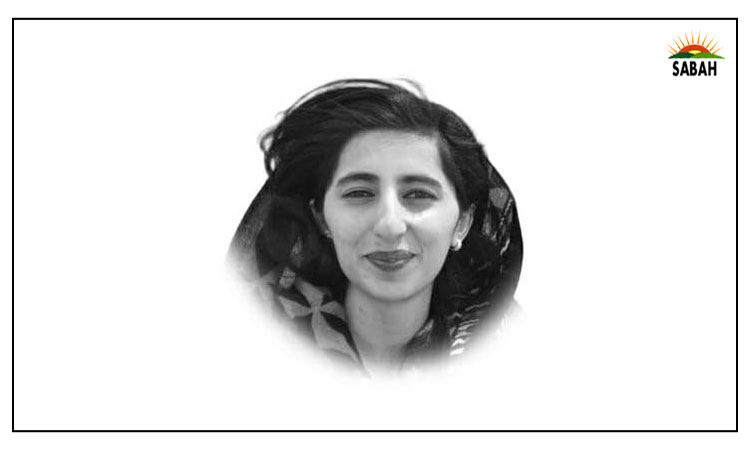Roaring stories with silent heroes… Maryam Tamoor
In the post-truth age and the realm of politics, the art of story-telling has emerged as a potent tool. It can influence perceptions, shape opinions and craft narratives that silhouette the historical trajectory of nations.
In the contemporary period, mastery of this art can galvanise the people, rally their support and make them buy into a story. However, these stories may not always be based on reality and can be tainted by embellishments and distortions and sprinkled with the flavour of imagined glories and traumas.
The tale of the India-Pakistan conflict is marred with such narratives and Operation Swift Retort vividly exemplifies this phenomenon. Amid recent Air Force marvels, Swift Retort stands tall. On February 27, 2019, Pakistan responded to the blatant violation of its airspace by the Indian Armed Forces under the pretext of counter-terrorism operations. Following the Pulwama attack on February 14, 2019, India blamed Pakistan for the bomb blast that killed almost 40 Indian soldiers. Indian Prime Minister Narendra Modi rallied political support to bolster his political image by using inciting slogans like ghar main ghuss ke marenge (we will enter their house and beat them). He portrayed himself as a hero avenging the soldiers deaths.
Operation Balakot was launched, with the Indian Air Force alleging they targeted Jaish-e-Muhammad base camps near Balakot. In response, Pakistan Air Force initiated Operation Swift Retort, downing two Indian planes and capturing an Indian pilot, Abhinandan Varthaman. Moreover, returning of the pilot within 48 hours as a peace gesture is depicted as a victory procured due to the successful strategic coercion of India.
The narrative created by the Indians portrayed Operation Balakot as a triumph of the political acumen and Indian air might, spreading a fog of lies on the canvas of truth. Modi capitalised on this narrative, and media, including the apex of Indian entertainment universe, Bollywood, played a pivotal role in perpetuating the tale of Indian superiority. To accentuate the narrative, the Indian pilot was awarded Veer Chakra, the third-highest Indian military award. Even after 4 years, they continue to sing the same old song and dance to the same beat.
As the months transitioned into years, the events such as the interview of former IIOJK governor Satya Pal Malik raised questions about the negligence of Indian intelligence agencies and the role of the BJP government in the Pulwama attack.
Pakistan, despite being on the right side of history, could not effectively counter the false Indian narrative. Operation Swift Retort was a testament to the valour and intrepidity displayed by the two PAF pilots who thwarted nefarious designs of India against Pakistan. Yet the names of the architects of our defence have faded into oblivion. The people know the name of Abhinandan and pet phrases like the tea is fantastic that made round at that time. We know the story but not who made this story possible. Neither have we propagated the story of our heroes.
We need to tell better stories, as bad stories make bad politics. Wing Commander Nouman Ali Khan and Squadron leader Hassan Siddiqui are the names that should pop up when Operation Swift Retort is broached. Though they were awarded Sitara-e-Jurat and Tamgha-e-Jurat, their tale of gallantry remains faceless. The focus on the losers rather than the heroics has undermined Pakistans ability to present a compelling narrative. As David Ogilvys adage goes, tell the truth but the truth should be fascinating.
Operation Swift Retort is a case of the key role storytelling plays in the political milieu. Indians savvy manipulation of the narrative encompassing this event highlights the significance of nailing this art. Pakistans ineffectiveness in crafting a cohesive narrative and the propagation of those to counter the Indian narratives underscores the need for a paradigm shift in creating compelling and wholesome narratives. In a zeitgeist, characterised by post-truth politics, the capacity to tell your tale in a captivating manner is not just essential for political success but also for weaving a ballad of bravery that hits home and echoes through time.
Courtesy The Express Tribune



